Our series of articles illuminating American influence in Hungary has shown how the greenbacks have aligned themselves with left-liberal parties since the 1990s. We also reported on the astonishing amount of American financial support in the last parliamentary elections that broke records. Our articles revealed how, aside from millions of dollars, an overseas army of experts came to work for the Gyurcsány-led opposition coalition.
Examples made it clear that in exchange for aid and funding, certain foreign entities expected business advantages as well as influence over domestic policy. We detailed how the web of American-funded NGOs came about in Hungary which pursue political efforts under the guise of civil organizations. In the last portion of our series, we will introduce the conditions, enthusiastic signatories and supporters of an unprecedented declaration of loyalty.
Goerge Soros’ network had been interfering with Hungarian politics before the 2018 elections – in fact, it seeks to attain long-term influence through the country's highest body, the Hungarian Parliament.
The organizations tied to Soros, pretending to be from the civil sphere – and headed by Transparency International – requested a pledge of allegiance from the opposition representatives before the elections four years ago. Those politicians practically made a unilateral, irrevocable, joint declaration to several organizations belonging to the Soros-network.
The opposition politicians who signed agreed to the following: if they were elected to the Hungarian Parliament in the April 8 election, they would do their best to ensure that the proposals compiled by Transparency International (TI) would be implemented.
In addition to TI, many well-known domestic activist organizations from the Soros world can be found on the Stop Corruption initiative website such as: the Human Platform, the migrant-supporting Artemisszió Foundation, the domestic vanguards of LGBTQ propaganda Labrisz Association, and the Levegő Working Group.
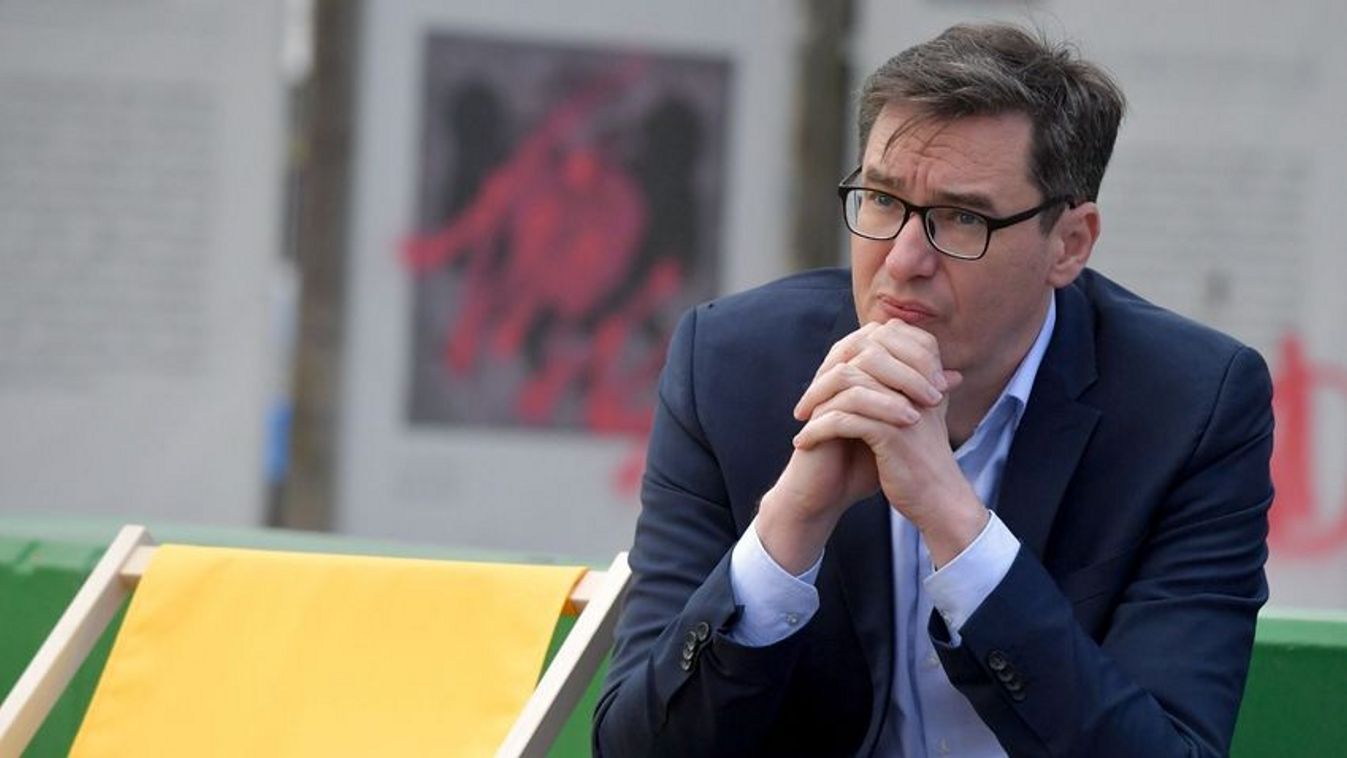

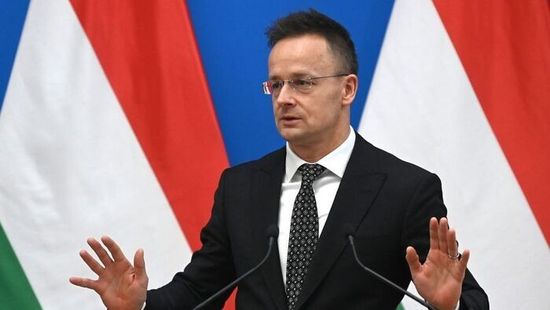

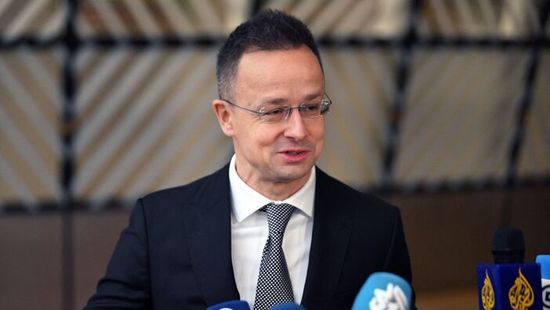

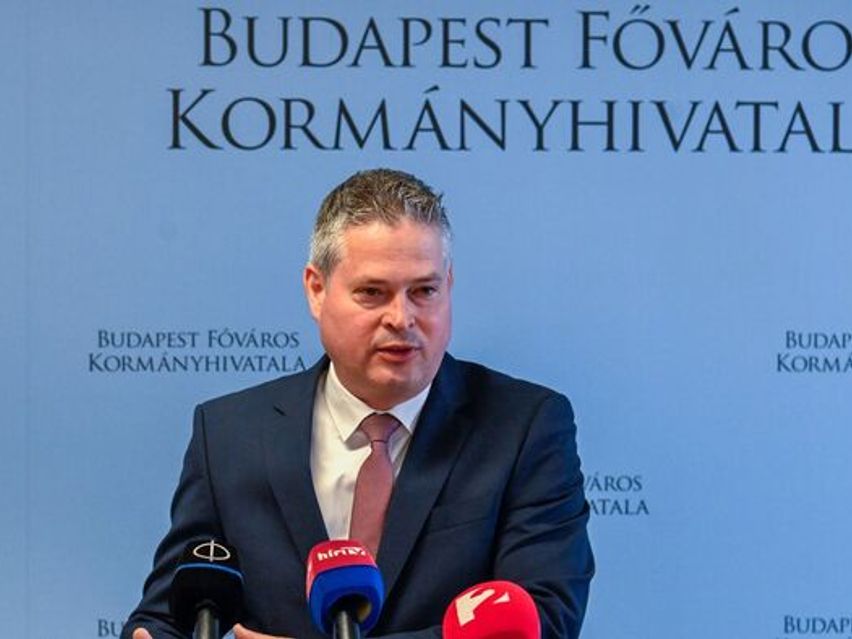
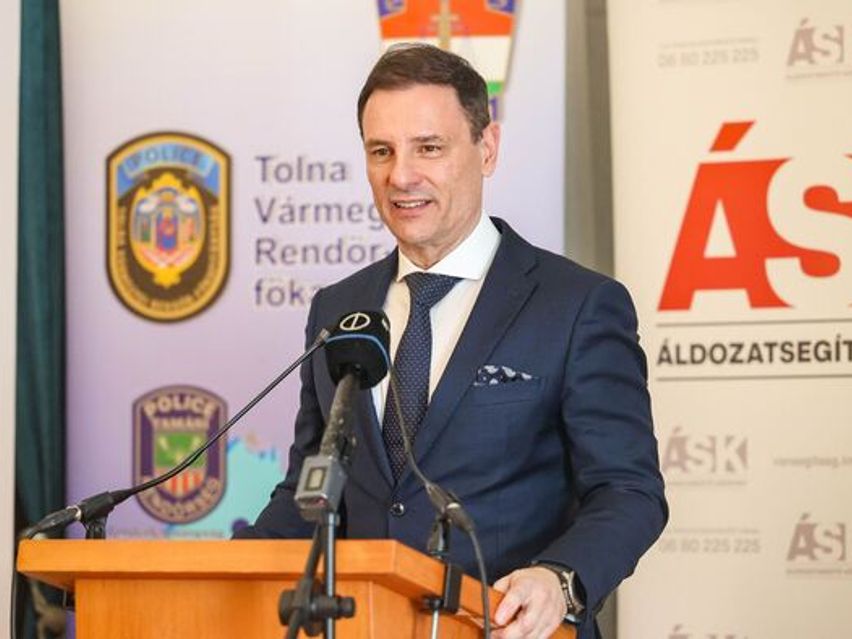





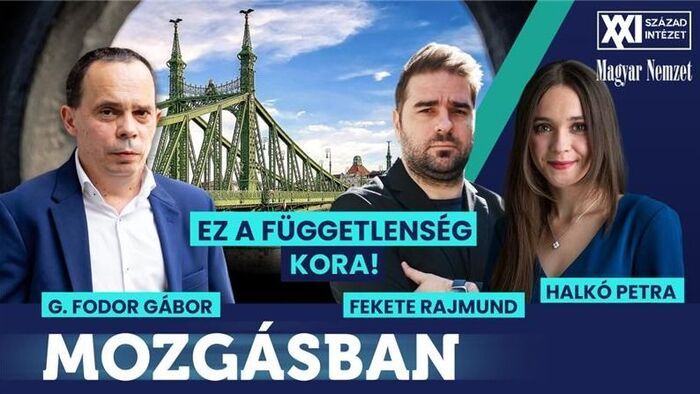

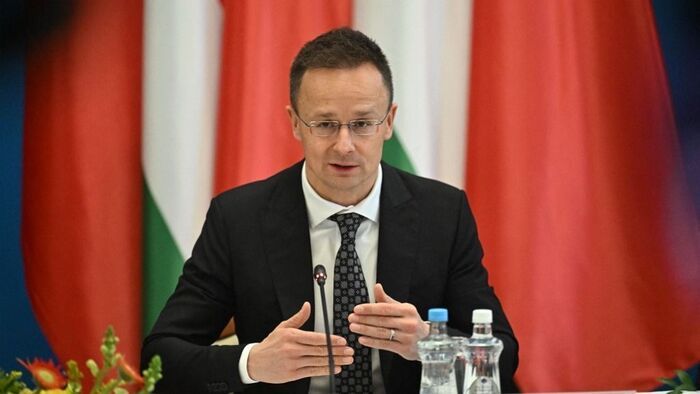


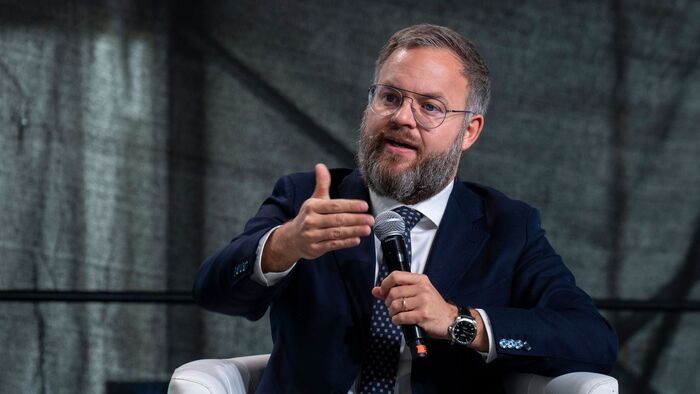
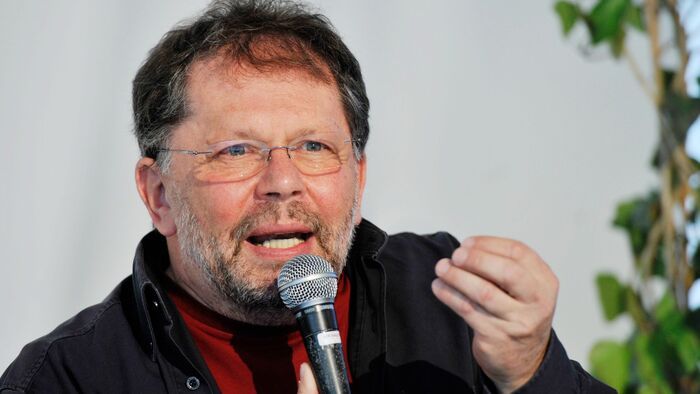
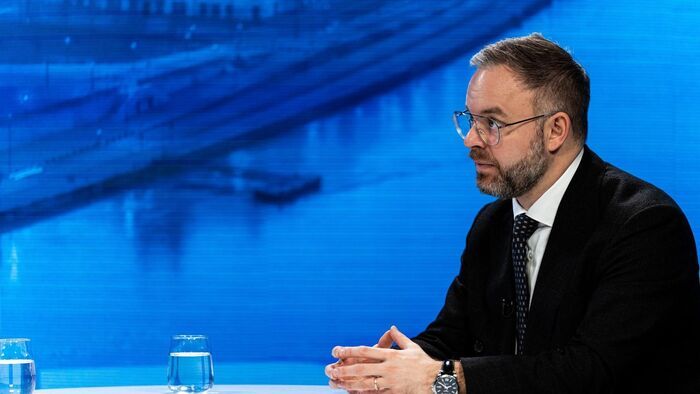

Szóljon hozzá!
Jelenleg csak a hozzászólások egy kis részét látja. Hozzászóláshoz és a további kommentek megtekintéséhez lépjen be, vagy regisztráljon!